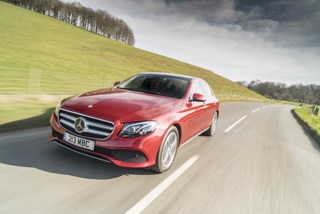Company cars – both perk and job-need – are becoming history as employees drive employers towards giving them cash to fund their own vehicle.
The move away from company cars into, notably, personal contract hire (PCH), is due to a range of factors, but all centred on the amount of benefit-in-kind (BIK) tax employees believe they could be paying in the coming years.
Essentially, Government policy has resulted in a complete lack of clarity as to how much BIK company car drivers will pay due to uncertainty over CO2 figures with the switch to the Worldwide harmonised Light vehicles Test Procedures (WLTP); tax thresholds from April 2020 being unknown; and the ‘demonisation’ of diesel.
While fleet decision-makers may hold their hands up in horror that the death of the company car will trigger a massive rise in ‘grey fleet’, the reality is that the only change will be in the way a car is funded.
Cash is less toxic in terms of occupational road risk management than it was a decade or more ago. Employers can overlay the car funding route with their existing fleet policy thus dictating what is – and is not – allowed, avoiding employees opting out of a company car scheme and buying a 10-year-old ‘dirty’ model lacking the latest safety features.
A decade ago, there was a widespread move to end ‘grey fleet’, because of concerns over duty of care compliance. But smart fleet decision-makers can use the same rigour in occupational road risk management policies to cash opt out policies.
The big differences will be the sourcing of the correct type of motor insurance and ensuring business use policies are in place.
Employees are discovering they can fund a new vehicle out of a cash allowance appropriate to their company car grade and potentially make a saving over their tax bill.
Employees – and employers – want long-term financial certainty and the ability to budget for the future. Government company car policy around taxation does not currently allow this so cash is increasingly becoming king and it signals the end of the road for what has historically been a favourite employee benefit, which is sad.
By Paul Hollick, chairman, ICFM




















Login to comment
Comments
No comments have been made yet.